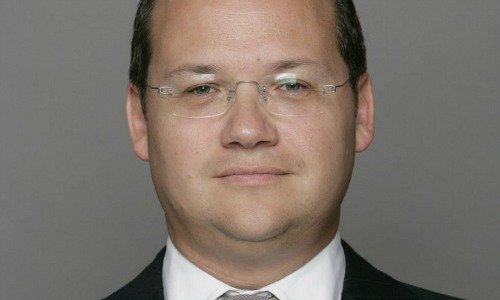Redundancies Loom at HSBC
HSBC is set to slash up to 100 senior jobs in its investment banking division this week. With limited bonus resources to spread around, the bank will soon be informing which weaker performers they will be letting go. So how will Asia fare in the cull?
According to several sources including news agency «Reuters» the cuts are set to affect bankers at Managing Director and Director level in HSBC's Global Banking and Markets division.
The business led by ex-Goldman Sachs banker Matthew Westerman (pictured below) is looking to reduce costs and follows a previous round of redundancies in the Global Banking division last year.
Westerman is said to have introduced more competition on the promotion ladder rungs at the investment banking unit. As a consequence this year the bank is promoting a smaller percentage of candidates.

Westerman, seen as a potential future HSBC Chief Executive, has been constantly calibrating his business divisions which has included cutting the jobs of dozens of senior bankers and restructuring the entire division.
Push The Button
The latest round of cuts comes as HSBC bankers in its London headquarters face uncertainty caused by the United Kingdom's impending exit from the European Union (E.U.)
HSBC chairman Douglas Flint recently urged British lawmakers to take a firmer stance in the Brexit negotiations to avoid thousands of jobs being moved away from London.
«Nobody wants to push the button. The status quo is the best answer. But our regulators and our customers expect us to plan for the worst,» Flint said at a hearing of the treasury select committee of the U.K. House of Commons.

Speaking at Davos last week HSBC Chief Executive Stuart Gulliver (pictured above) said the bank could relocate staff responsible for generating around 20 percent of its U.K.-based trading revenue to Paris.
Greenpeace Accusations
Last week finews.asia reported that non-governmental environmental organization Greenpeace International, claimed HSBC loaned hundreds of millions of dollars to some of the most destructive palm oil companies in Indonesia.
Deforestation and peatland destruction by Indonesia’s palm oil and pulp sectors is widely acknowledged as a root cause of forest fires and subsequent haze which regularly chokes the Singapore business district.



























